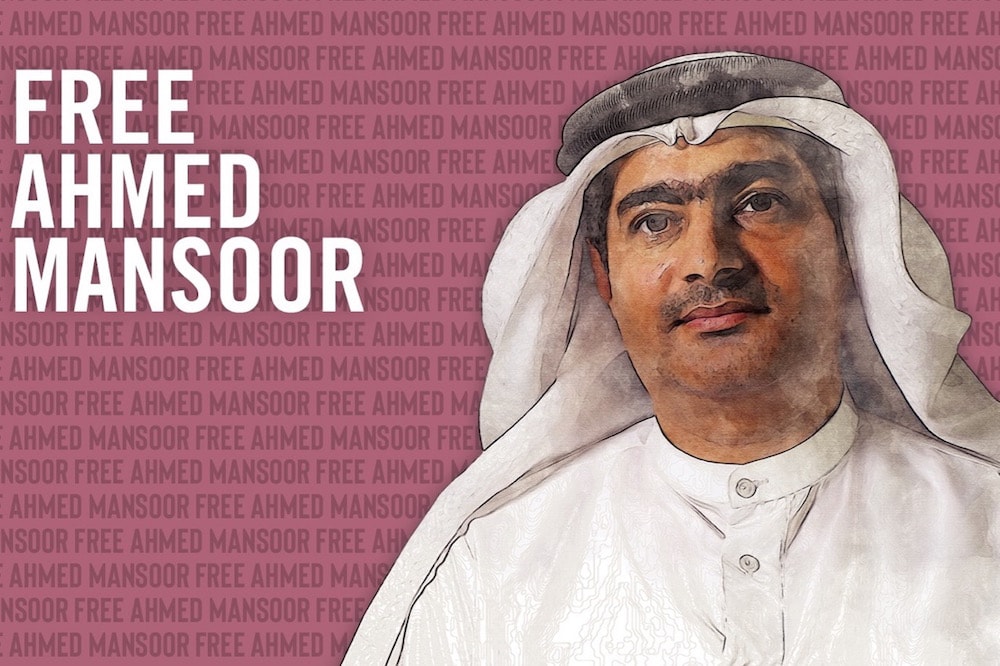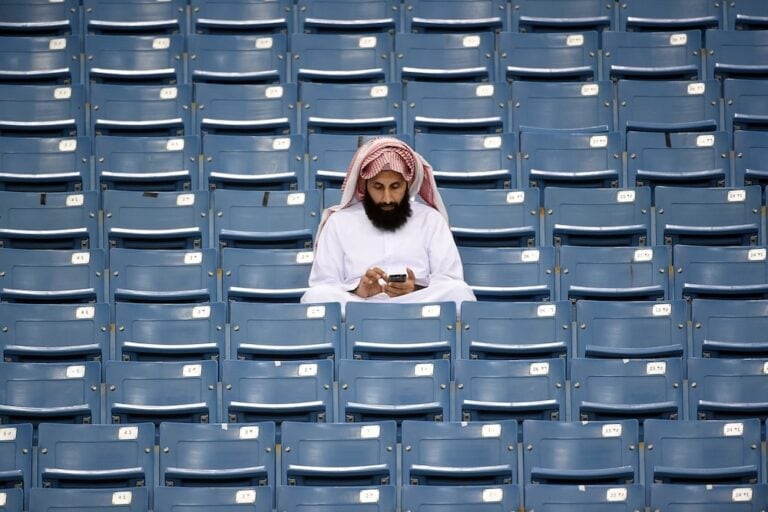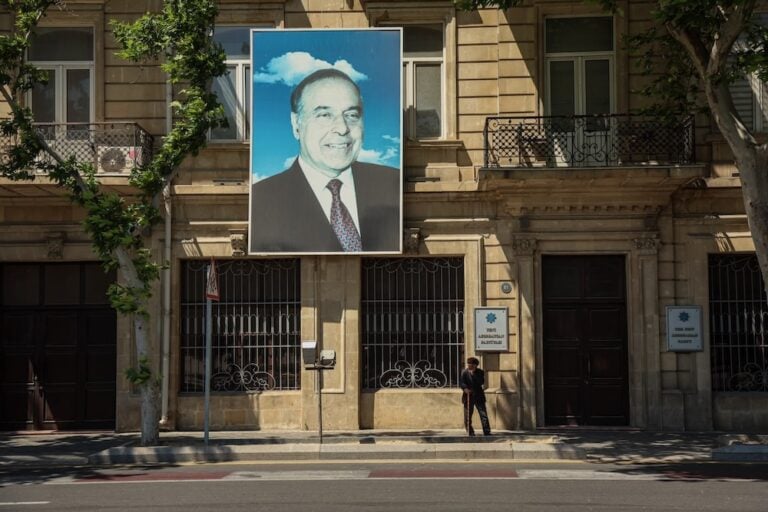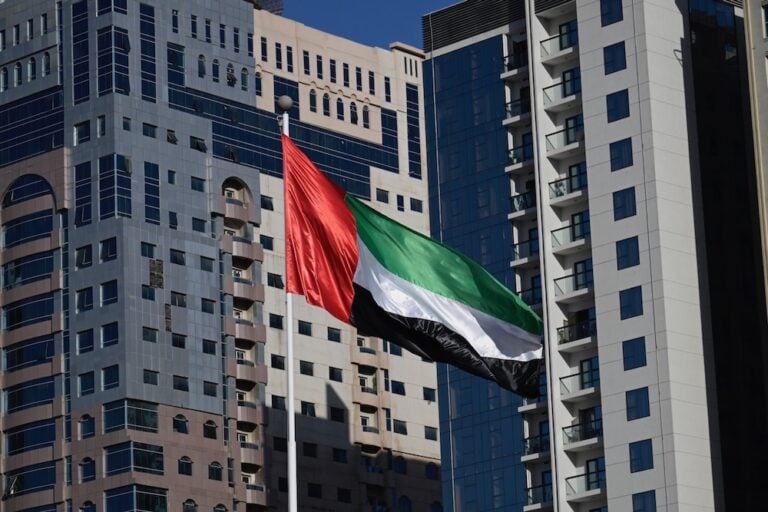IFEX members Human Rights Watch and Gulf Centre for Human Rights voice concerns over possible retaliation against the jailed prominent Emirati activist after a private letter detailing his extensive mistreatment was leaked to regional media.
This statement was originally published on gc4hr.org on 19 July 2021.
Leaked Letter Details Mistreatment in Prison
A prominent Emirati human rights defender may face retaliation after a private letter he wrote detailing his mistreatment in detention and flagrantly unfair trial was published in the regional media, Human Rights Watch and the Gulf Centre for Human Rights (GCHR) said today. United Arab Emirates (UAE) authorities have held Ahmed Mansoor, 51, largely incommunicado, isolated him from other prisoners, and denied him a bed and mattress since imprisoning him in March 2017. The UAE should immediately end Mansoor’s isolation and allow family members and independent monitors access to him and confirm his well-being.
Mansoor is in the notorious al-Sadr Prison near Abu Dhabi serving a 10-year prison sentence handed down on May 29, 2018, by the State Security Chamber of the Abu Dhabi Court of Appeals following a grossly unfair trial on spurious charges. The letter, published on July 16, 2021, by Arab121, a London-based Arabic news site, details the grave violations committed by the UAE’s state security agency against Mansoor since his arrest and detention. It describes being held in indefinite solitary confinement, deprived of basic necessities, and denied any meaningful contact with other prisoners or the outside world.
“UAE authorities have spared no effort to silence Ahmed Mansoor, including isolating him in detention for years, but his determination to shed light on government abuses has surmounted every obstacle,” said Michael Page, deputy Middle East director at Human Rights Watch. “UAE authorities’ long record of contempt for the rule of law and rights of detainees means Mansoor could face grave retaliation in prison. The UAE should immediately allow independent monitors access to Mansoor to confirm his safety and welfare.”
The UAE’s powerful state security agency has violated Mansoor’s rights for more than 10 years with arbitrary arrest and detention, death threats, physical assault, government surveillance, and inhumane treatment in custody. He has been denied his rights as a prisoner under international human rights law, including the United Nations Standard Minimum Rules for the Treatment of Prisoners.
Human Rights Watch and GCHR detailed the UAE’s mistreatment of Mansoor in January in a joint 30-page report titled “The Persecution of Ahmed Mansoor: How the United Arab Emirates Silenced its Most Famous Human Rights Activist.”
By holding Mansoor in isolation for nearly four years, which amounts to torture, UAE authorities are in violation of their obligations under the UN Convention against Torture and Other Cruel, Inhuman or Degrading Treatment or Punishment, which the UAE ratified in 2012.
Governments that have influence in the UAE, notably the United States and the United Kingdom, should immediately urge UAE authorities to allow independent and international monitors access to Mansoor and should themselves seek private and regular visits with Mansoor in prison to check on his safety, Human Rights Watch and GCHR said.
“We hold the state security apparatus fully responsible for Ahmed Mansoor’s physical safety, well-being and security,” said Khalid Ibrahim, executive director of GCHR. “At the same time, we call on the UAE government to release Ahmed Mansoor immediately and without any conditions, as he is being targeted solely because of his peaceful and legitimate human rights activities.”



